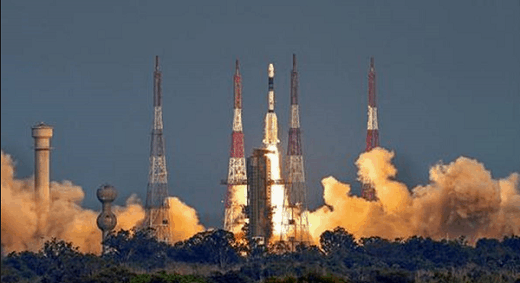
ISRO selects four astronauts for India’s first manned moon mission Gaganyaan
ISRO Chief K Sivan said that they have identified four astronauts to be the part of India’s first manned moon mission Gaganyaan. Their training is yet to start by mid January.
ISRO has already created history by attempting to send Chandrayaan-2 to reach the southern pole of the moon which was declared 95% successful. Now ISRO is on another mission Gaganyaan which will be a manned moon mission. The four selected astronauts will be going to Russia for their medical checkup. Earlier Prime Minister Narendra Modi and Russian President Vladimir Putin have decided to step up their cooperation in space technology.
“There is a special test for these astronauts. This was initially done at IIM and then Russia and based on the results, four people were selected. They are from the Air Force,” Sivan said.
India’s first manned moon mission Gaganyaan is reported to have two unmanned and one manned flight to space. “We will be sending a humanoid as part of unmanned mission. Six science experiments will be conducted, related to microgravity and bioscience,” Sivan said.
ISRO has already started working on Chandrayaan-3 along with Gaganyaan. It is expected that both these missions might get completed by 2021 with an overall cost of Rs 600 crore.
Although Chandrayaan-2 could not make a successful landing on the moon, but its orbiter is still orbiting the moon which will do its job for 7 more years. The new mission Chandrayaan-3 will pick the same task of landing on moon by connecting to the same orbiter. Chandrayan-3 will try to make a soft landing on moon which Chandrayaan-2 could not accomplish because it met with a hard landing.
K Sivan also said that a total of 25 satellites are scheduled to be launched this year. ISRO is also attempting to launch its own GPS system NavIC. NavIC is the name for Indian Regional Navigational Satellite System. This will be the India’s own GPS system.